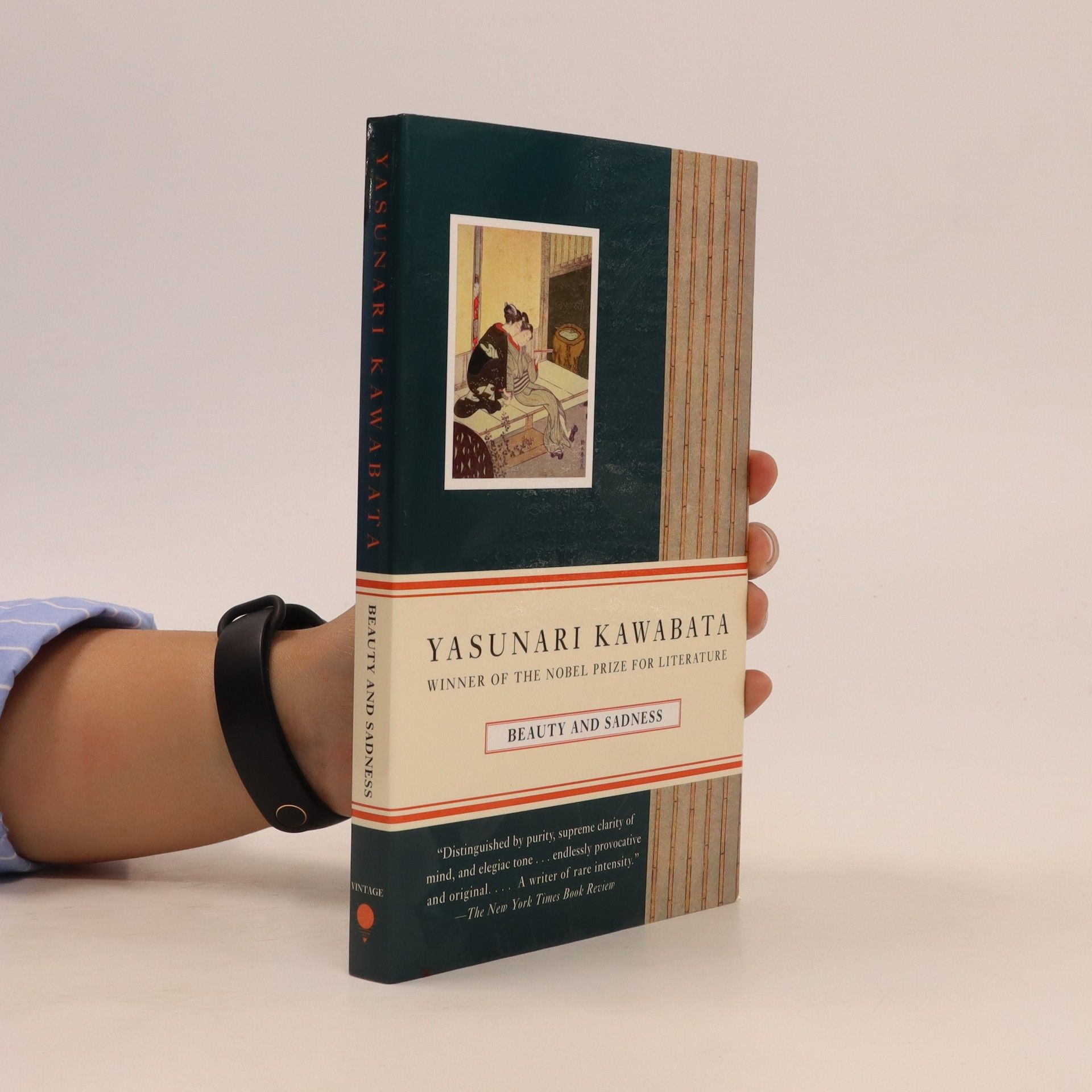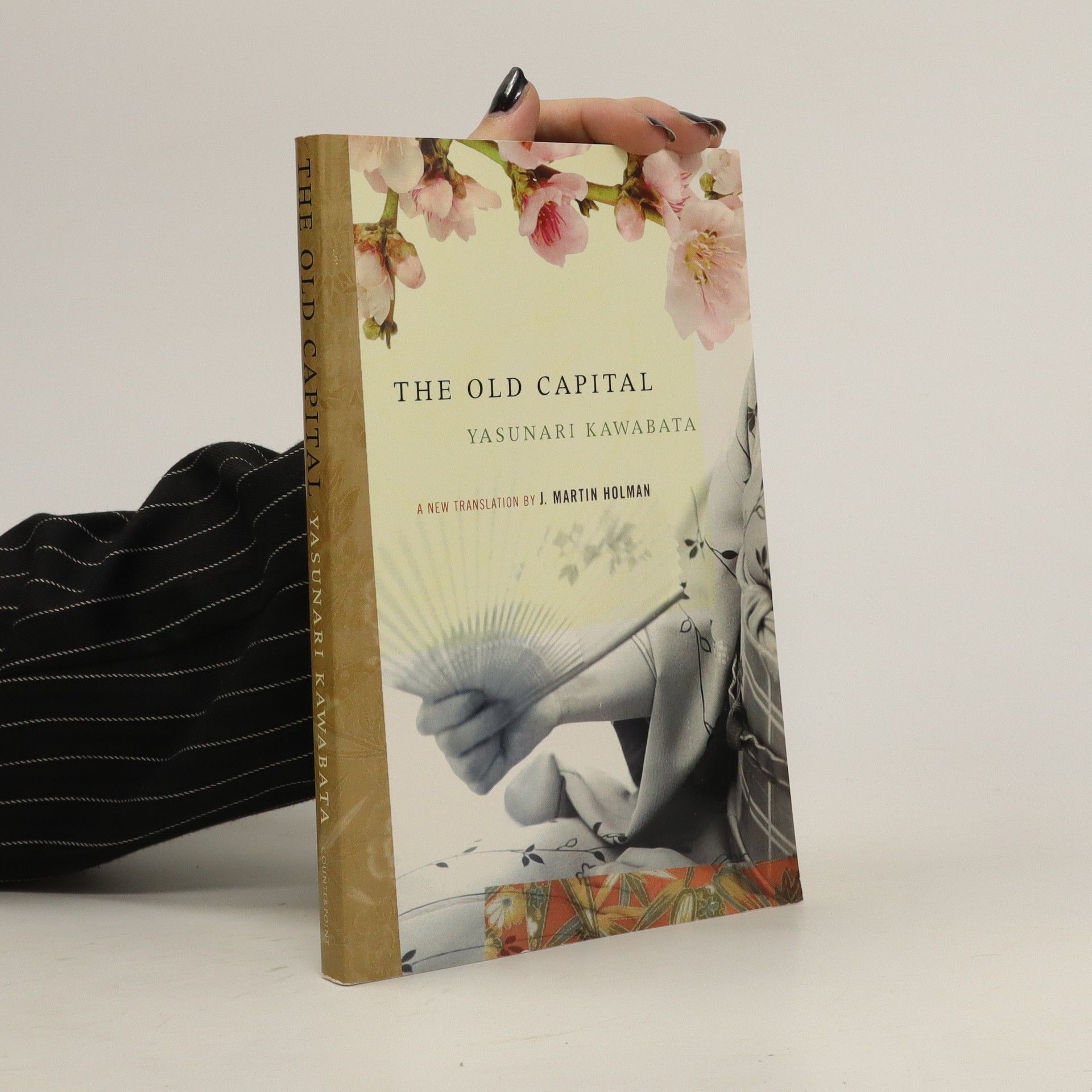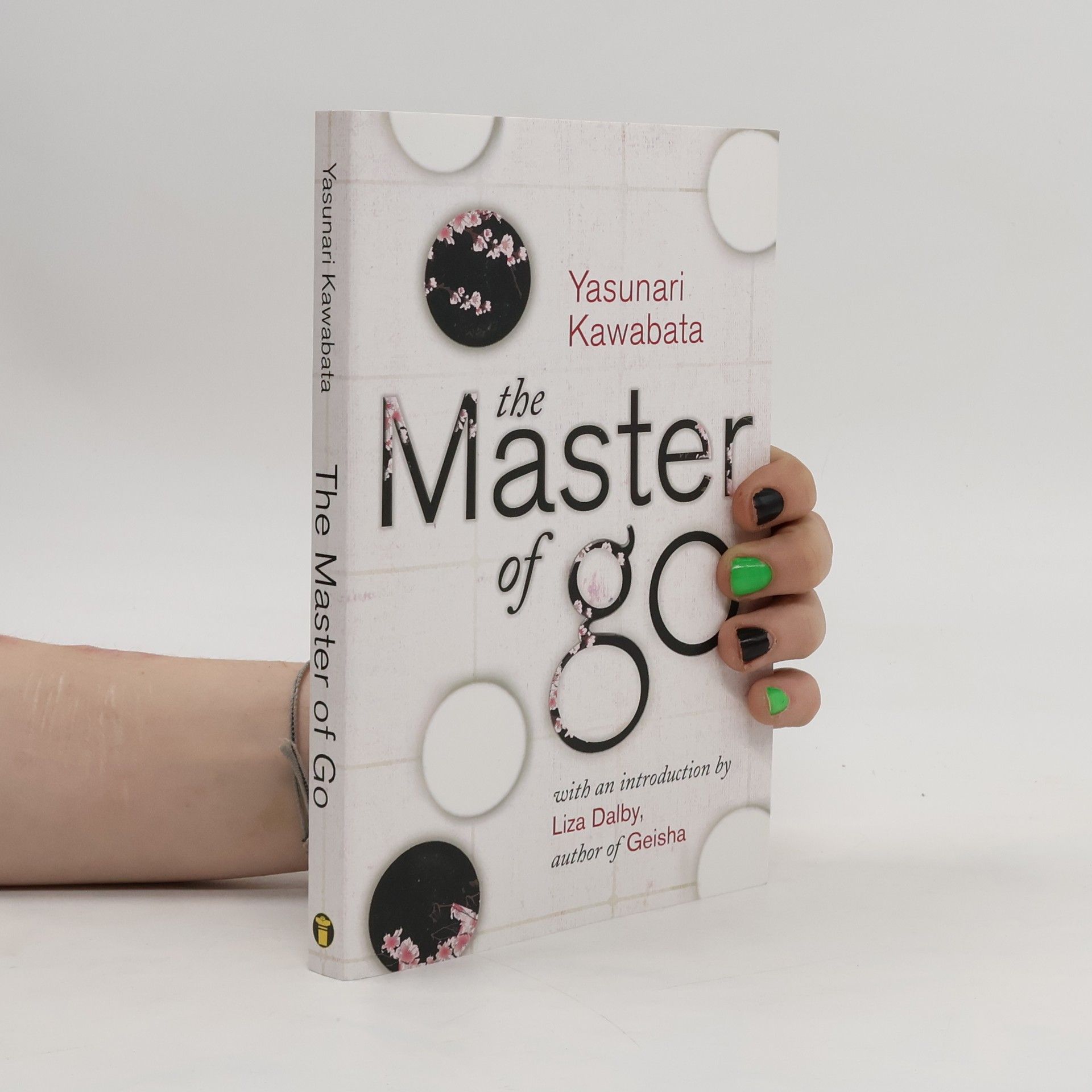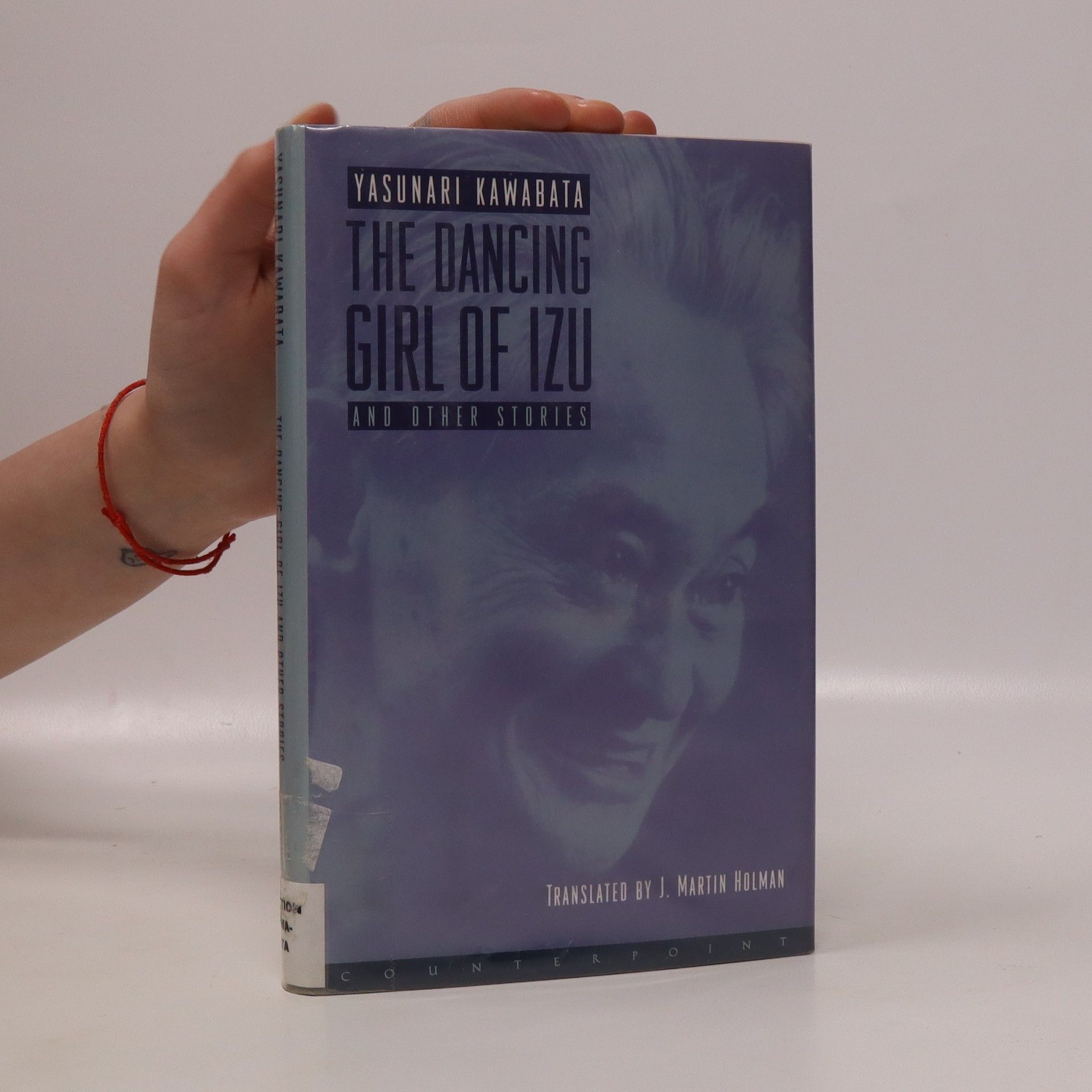Souborné vydání Kawabatových próz: Tanečnice z Izu, Sněhová země (přel. V. Hilská), Meidžin, Deník šestnáctiletého, Povídky na dlaň (Letní střevíčky, Díky, Modlitba panen, Případ mrtvé tváře), Hiroko odchází, Město Jumiura (přel. M. Novák) a Odraz měsíce na vodě. Z japonských originálů vybrala a přeložila Vlasta Winkelhöferová.
Jasunari Kawabata Knihy
Jasunari Kawabata byl japonský prozaik, jehož úsporný, lyrický a jemně odstíněný styl mu vynesl Nobelovu cenu za literaturu. Jeho díla, charakteristická subtilní elegancí a psychologickou hloubkou, se vyznačují poetickou kvalitou a zkoumají témata samoty, krásy a pomíjivosti. Kawabata mistrně zachycuje vnitřní život postav a často se obrací k přírodním obrazům, aby vyjádřil složité lidské emoce. Jeho vliv na moderní japonskou literaturu je nesmírný a jeho práce si i dnes získávají mezinárodní uznání.


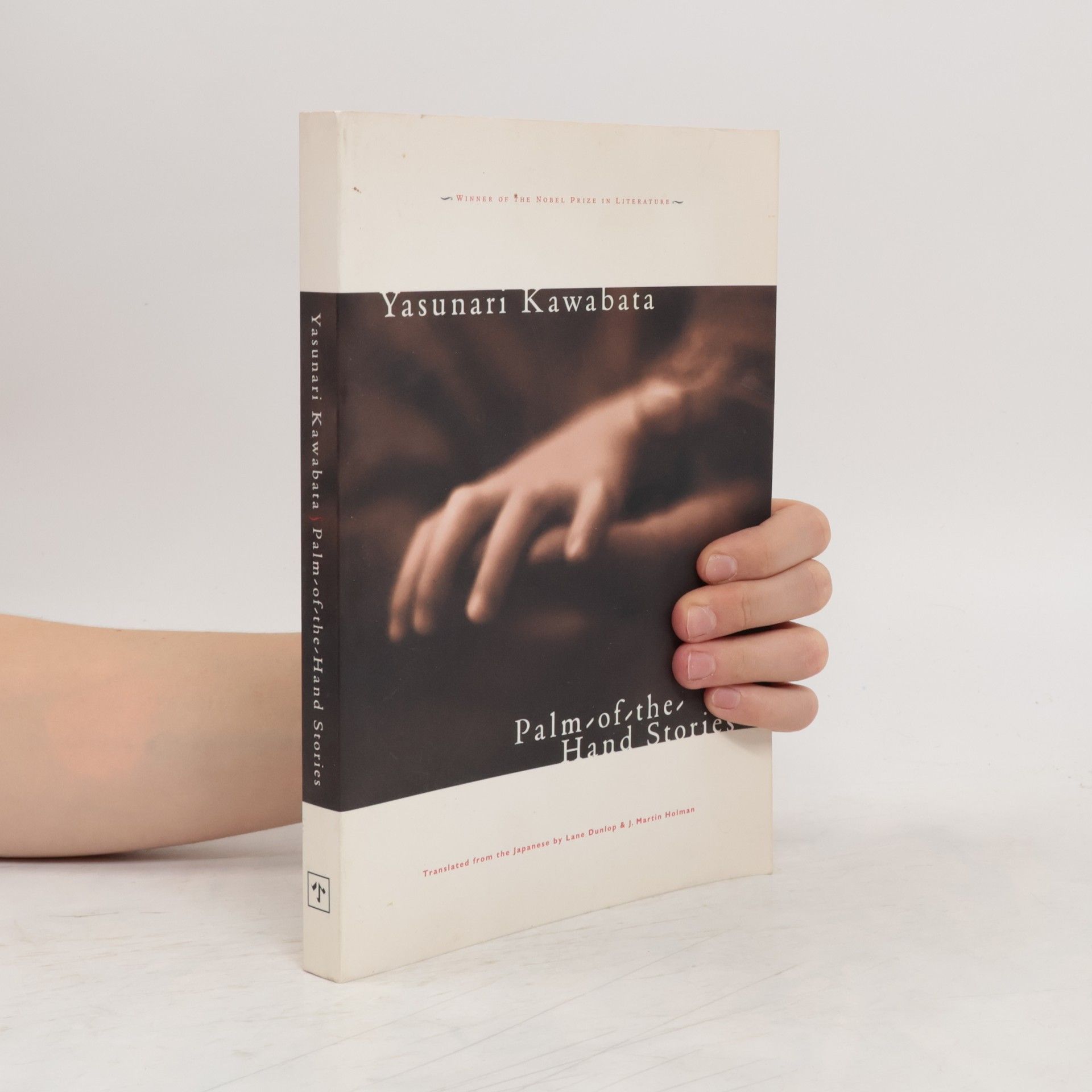

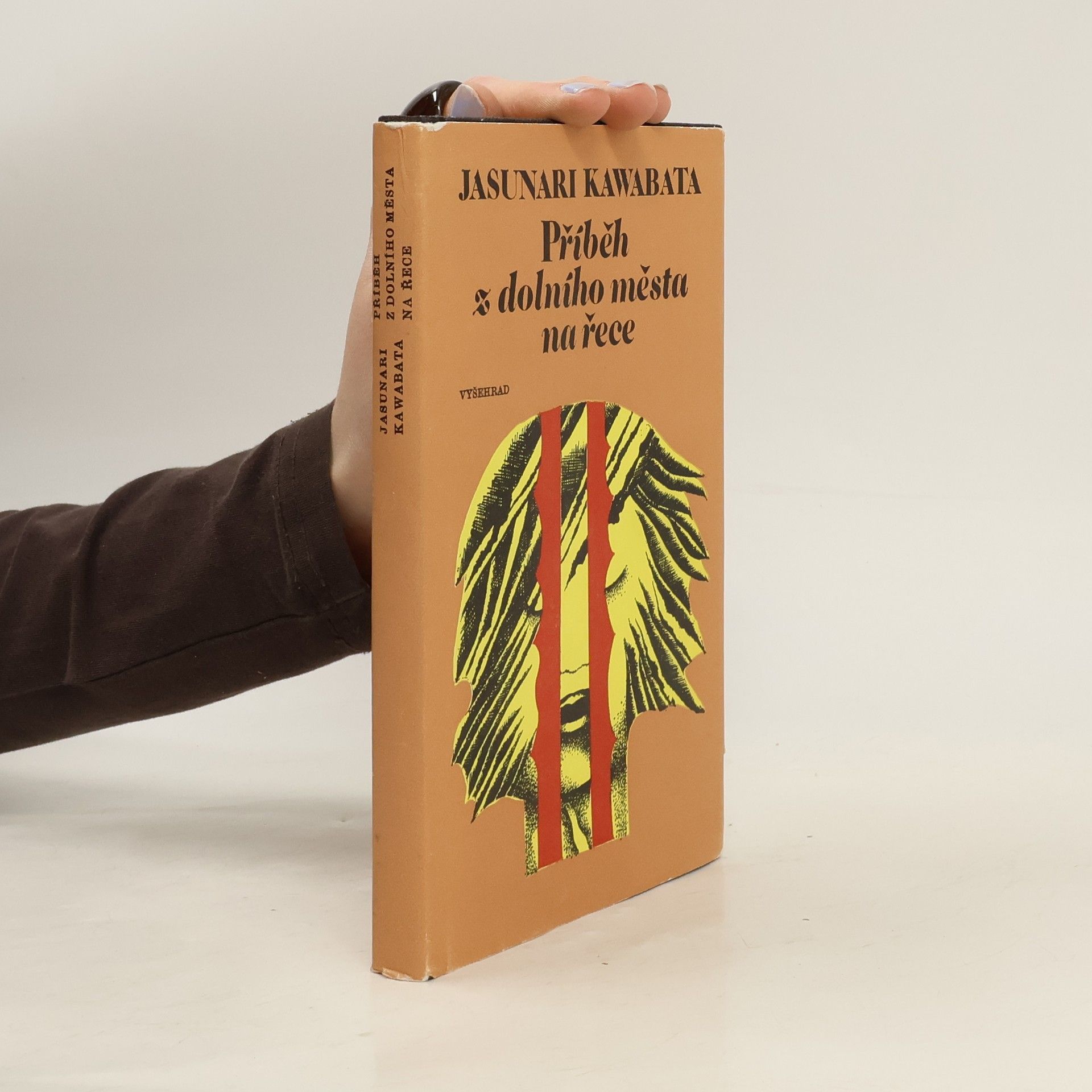
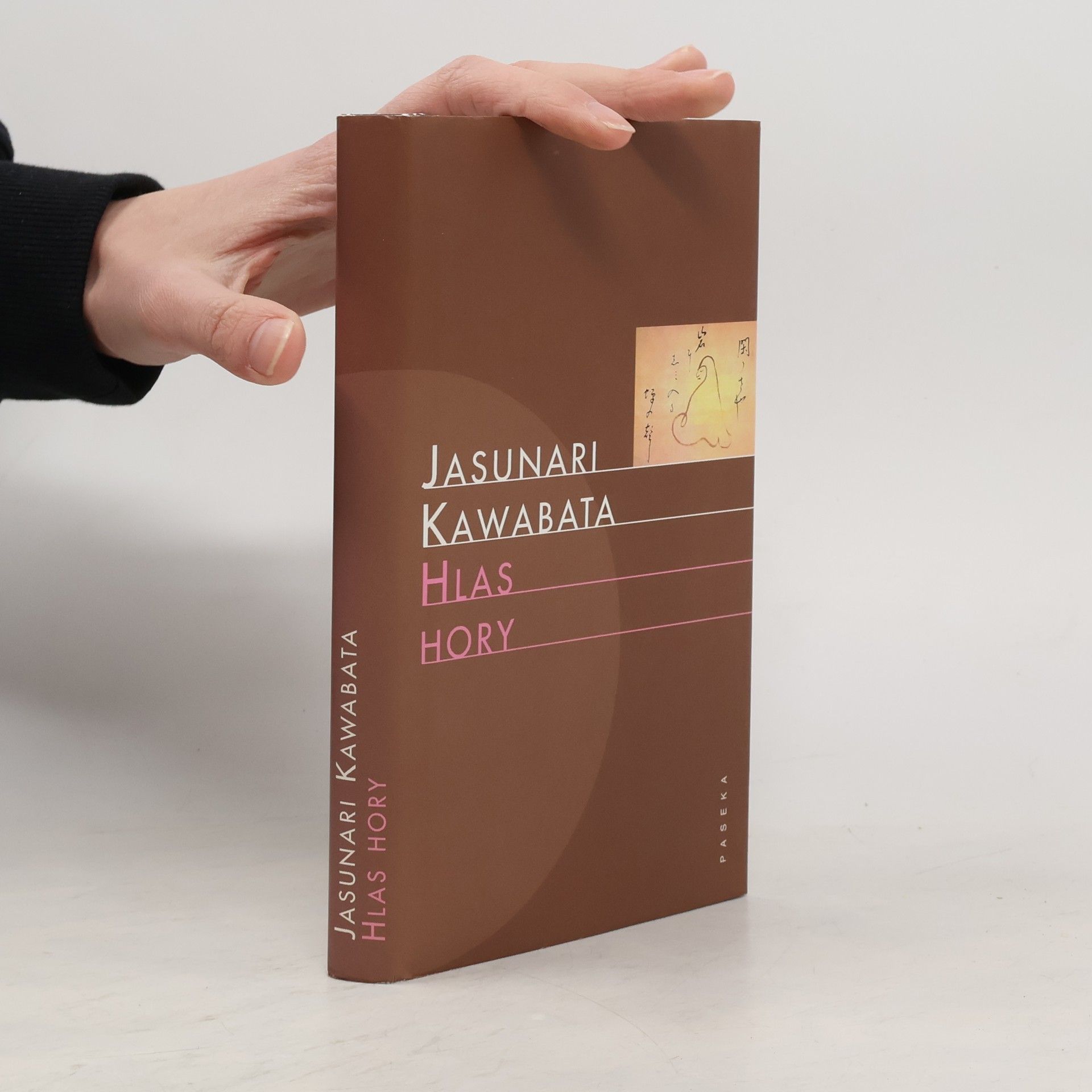
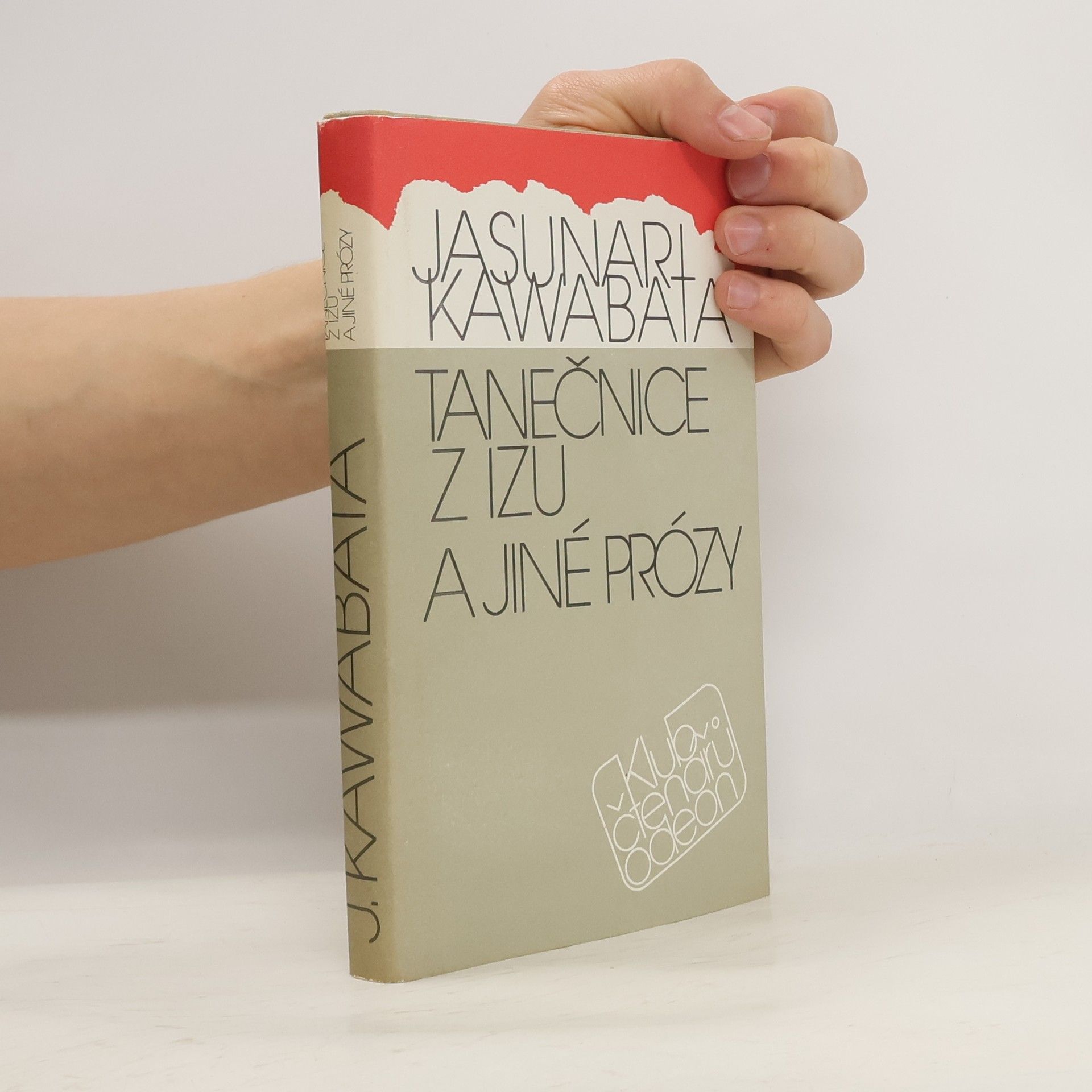
Kawabatova vrcholná románová próza z první poloviny padesátých let. Čtenáře v první chvíli až zaskočí svou každodenností: jako v televizním seriálu tu sledujeme napohled banální epizody z poválečného života rodiny tokijského obchodníka Šinga Ogaty, trýzněného rozpadem manželství své dcery, nezodpovědným milostným poměrem syna i vlastním stále silněji se připomínajícím stářím. Teprve pozornější pohled na zdánlivě nesourodé kapitoly románu odhalí jeho promyšlenou stavbu a organickou strukturu, v níž se obraz rozkladu tradičního japonského systému rodinných vztahů a ničivých důsledků válečného traumatu rozvíjí v širší téma hledání souzvuku člověka s přírodou a smyslu zrození a smrti. Šingova starostmi a pochybami provázená pouť na "práh smrti" se tak v Kawabatově pojetí postupně proměňuje v cestu za vnitřím klidem a vyrovnáním s koloběhem života, v lyrické drama pozoruhodné svou myšlenkovou vytříbeností a ponorem do hlubšího řádu bytí, jenž se skrývá pod povrchem banalit všedního života.
Hlavním hrdinou milostného příběhu z poválečného Tokia je student medicíny, jehož život ovlivňují tři dívky.
These stories by the 1968 Nobel laureate, some translated into German for the first time, showcase Kawabata's modernity and his unique Japanese sensualism and eroticism, influenced by Joyce and Proust. They exemplify subtle psychology and highlight Kawabata at the peak of his narrative mastery.
Palm-of-the-Hand Stories
- 240 stránek
- 9 hodin čtení
Winner of the Nobel Prize in Literature in 1968, Yasunari Kawabata is perhaps best known in the United States for his deeply incisive, marvelously lyrical novel "Snow Country," But according to Kawabata himself, the essence of his art was to be found in a series of short stories-which he called "Palm-of-the-Hand Stories"-written over the entire span of his career. He began experimenting with the form in 1923 and returned to it often. In fact, his final work was a "palm-sized" reduction of "Snow Country," written not long before his suicide in 1972. Dreamlike, intensely atmospheric, at times autobiographical and at others fantastical, these stories reflect Kawabata's abiding interest in the miniature, the wisp of plot reduced to the essential. In them we find loneliness, love, the passage of time, and death. "Palm-of-the-Hand Stories" captures the astonishing range and complexity of one of the century's greatest literary talents.
First Snow on Fuji
- 246 stránek
- 9 hodin čtení
Exploring the complexities of love and identity, this collection features nine poignant stories and a brief play by Japan's first Nobel laureate. Kawabata's clear narrative style reveals the struggles of suburban lovers who grapple with self-knowledge and emotional connection. Noteworthy tales include "Silence," a Kafkaesque reflection on an elderly novelist's isolation, and the title story, where a separated couple confronts their lost past. This beautifully spare work delves into themes of art, loss, and the passage of time, showcasing Kawabata's mastery.
NOBEL PRIZE WINNER • The successful writer Oki has reached middle age and is filled with regrets. He returns to Kyoto to find Otoko, a young woman with whom he had a terrible affair many years before. "Endlessly provocative and original." —The New York Times Otoko is now a painter, living with a younger woman as her lover. Otoko has continues to love Oki and has never forgotten him, but his return unsettles not only her but also her young lover. This is a work of strange beauty, with a tender touch of nostalgia and a heartbreaking sensitivity to those things lost forever.
The Old Capital
- 160 stránek
- 6 hodin čtení
The Old Capital is one of the three novels cited specifically by the Nobel Committee when they awarded Kawabata the Nobel Prize for Literature in 1968. With the ethereal tone and aesthetic styling characteristic of Kawabata's prose, The Old Capital tells the story of Chieko, the adopted daughter of a Kyoto kimono designer, Takichiro, and his wife, Shige.Set in the traditional city of Kyoto, Japan, this deeply poetic story revolves around Chieko who becomes bewildered and troubled as she discovers the true facets of her past. With the harmony and time-honored customs of a Japanese backdrop, the story becomes poignant as Chieko’s longing and confusion develops.
The Master of Go
- 240 stránek
- 9 hodin čtení
Go is a game of strategy in which two players attempt to surround each other's black or white stone. In this fictional chronicle of a match played between a revered and invincible Master and a younger, more progressive opponent, Kawabata captures the moment when traditonal imperial Japan meets the twentieth century.
The Dancing Girl of Izu and Other Stories
- 160 stránek
- 6 hodin čtení
One of the most influential figures in modern Japanese fiction, Yasunari Kawabata is treasured for the intensity of his perception and the compressed elegance of his style. This new collection compiles twenty-two stories now appearing in English for the first time in book form. In moving selections that sketch the outlines of the young author's life of survivorship, Martin Holman's graceful translation captures the delicate nuances of Kawabata's enduring prose.
